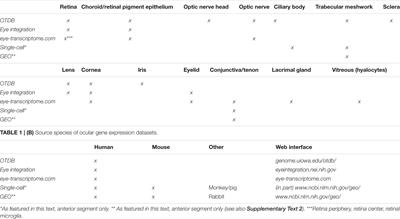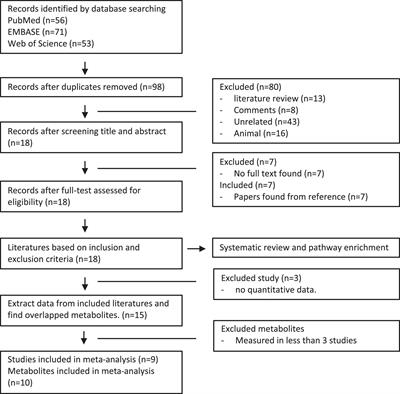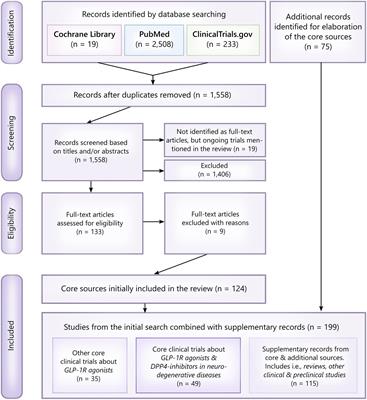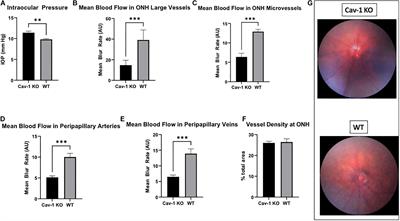MINI REVIEW
Published on 08 Jun 2022
Gene Expression Data for Investigating Glaucoma Treatment Options and Pharmacology in the Anterior Segment, State-of-the-Art and Future Directions

doi 10.3389/fnins.2022.912043
- 2,967 views
- 4 citations
5,733
Total downloads
20k
Total views and downloads
MINI REVIEW
Published on 08 Jun 2022

SYSTEMATIC REVIEW
Published on 12 May 2022

REVIEW
Published on 21 Feb 2022

ORIGINAL RESEARCH
Published on 08 Nov 2021

METHODS
Published on 06 Aug 2021

